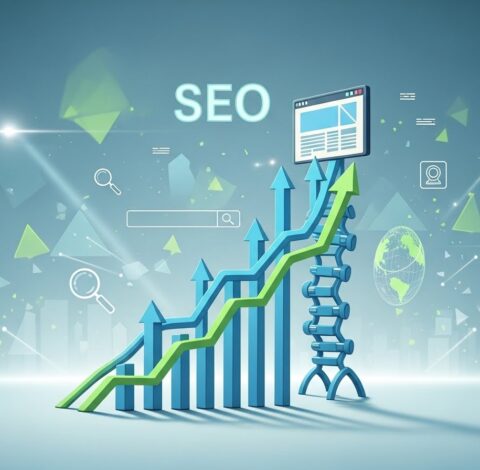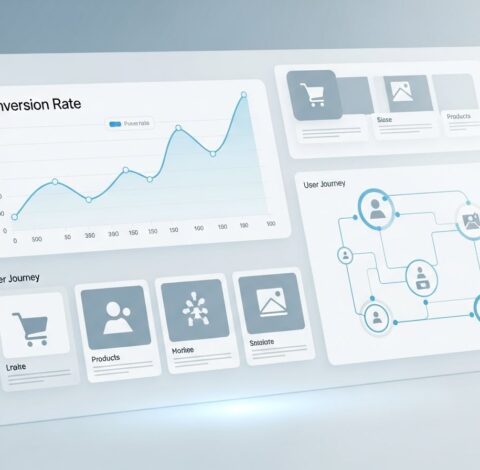Influencer Marketing 2.0: Building Authentic Relationships for Brand Growth
In the ever-evolving landscape of digital marketing, the realm of influencer marketing has undergone a transformation. It’s no longer just about the numbers; it’s about authenticity, trust, and meaningful connections. Welcome to the era of Influencer Marketing 2.0, where building genuine relationships becomes the cornerstone of brand growth. Join us as we navigate the evolution, dive into the importance of authenticity, and provide a comprehensive guide to mastering influencer partnerships.
The Evolution Unveiled:
Influencer marketing has come a long way from its humble beginnings. Explore the journey from mere endorsements to building authentic relationships with influencers who align with your brand’s values and resonate with your audience.
The Authenticity Imperative:
Authenticity isn’t just a buzzword; it’s the foundation of influencer marketing 2.0. We’ll delve into why audiences demand real connections and how partnering with genuine influencers can create a meaningful impact.
Identifying Genuine Influencers:
Not all influencers are created equal. Learn the art of identifying influencers who genuinely align with your brand. We’ll explore metrics beyond follower counts and delve into engagement rates, audience demographics, and content quality.
The Power of Alignment:
Explore how influencer-brand alignment leads to powerful collaborations. Witness how shared values and interests create a seamless narrative that resonates with audiences, generating trust and credibility.
From Transactions to Relationships:
Move beyond transactional engagements and cultivate lasting relationships. We’ll guide you through nurturing connections, fostering mutual respect, and collaborating on campaigns that authentically showcase your brand.
The ROI of Authenticity:
ROI in influencer marketing isn’t just about numbers—it’s about impact. We’ll showcase how genuine relationships drive not only short-term metrics but also long-term brand loyalty and advocacy.
Measuring Authentic Impact:
Discover how to measure the success of authentic influencer partnerships. We’ll explore metrics that go beyond reach and impressions, including sentiment analysis, engagement quality, and audience sentiment.
The Collaboration Guide:
Crafting a successful influencer partnership requires finesse. We’ll provide a step-by-step guide on establishing collaborations, from reaching out to influencers to co-creating content that resonates.
Building for the Future:
Influencer marketing 2.0 is a journey, not a destination. Explore how to build a sustainable influencer strategy that adapts to evolving trends and remains authentic in the face of change.
Ready to Redefine Influencer Marketing?
At E-Marketing Easy, we’re passionate about shaping the future of influencer marketing. Join us as we dive into the realm of authentic connections and guide you through building relationships that drive brand growth. Contact us today to embark on this transformative journey and master the art of influencer marketing 2.0. Your path to authenticity and growth begins here.














